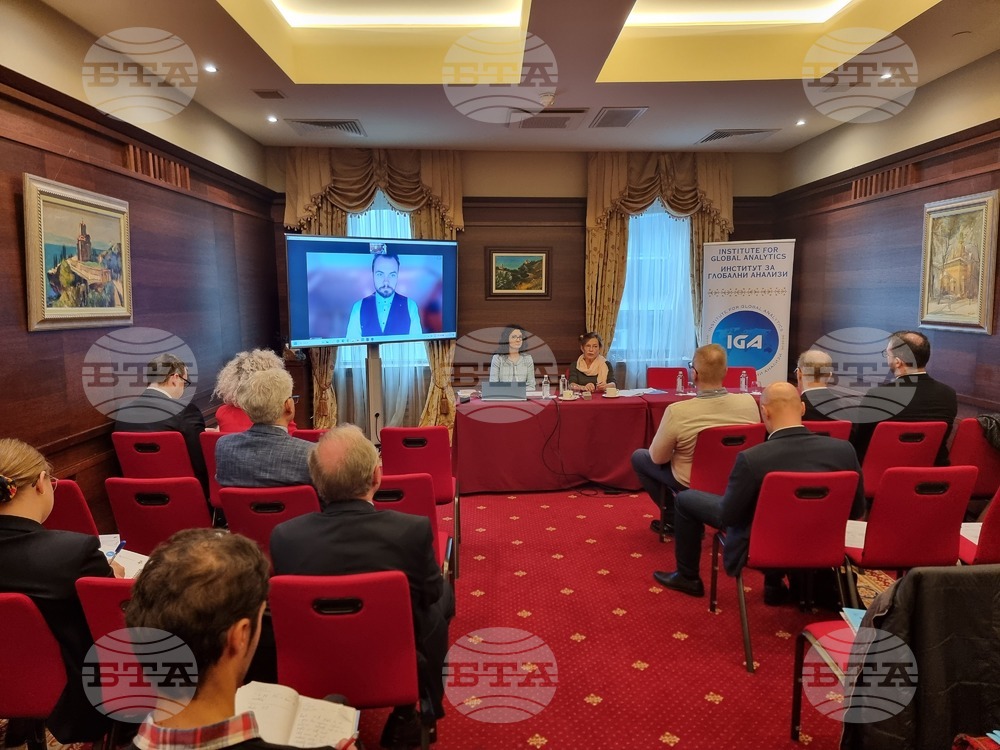site.btaCentral, Eastern Europe Sees Increase in Pro-Western Sentiment - Poll


A survey of public opinion in Central and Eastern Europe, conducted by the Bratislava-based NGO GLOBSEC, reports an increase in pro-Western sentiment in the region as a whole. Bulgaria is a notable exception in some respects, according to an analysis of the poll results made and presented on Friday by the Institute for Global Analytics (IGA) in Sofia.
/RY/
Additional
news.modal.image.header
news.modal.image.text
news.modal.download.header
news.modal.download.text
news.modal.header
news.modal.text







